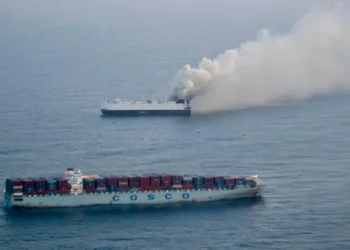WASHINGTON: The World Bank has warned that extreme poverty is set to rise this year for the first time in more than two decades, compounding by the coronavirus, conflict and climate change.
The pandemic coronavirus is expected to push up to 115 million people into poverty. By 2021, this could rise to as many as 150 million, it added. The projected increase would be the first since 1998, when the Asian financial crisis shook the global economy.
The Washington-based organisation said the proportion of the world’s population living on less than $1.90 a day was expected to rise from 9.1 percent to 9.4 percent during 2020, with the increase concentrated in countries with already high poverty rates. In the absence of the outbreak of coronavirus, the World Bank said it would have expected the poverty rate to fall below 8 percent during 2020.
The United Nations has set a target of eliminating extreme poverty by 2030 as one of its sustainable development goals. The World Bank said there was no chance of this being achieved without swift and significant action. In ten years, 7 percent of the world’s population could still be living on less than $1.90 a day, it added.
Global extreme poverty fell by about one percentage point a year from 1990 to 2015 but the rate of progress had already slowed to half a percentage point a year between 2015 and 2017, before Covid-19 sent the process into reverse.
David Malpass, the World Bank’s president, said the pandemic and global recession may cause over 1.4 percent of the world’s population to fall into extreme poverty.
“In order to reverse this serious setback to development progress and poverty reduction, countries will need to prepare for a different economy post-COVID, by allowing capital, labour, skills, and innovation to move into new businesses and sectors.”
He stressed that World Bank support would help developing countries resume growth and respond to the health, social, and economic effects of COVID-19 as they worked toward a “sustainable and inclusive recovery”. The global lender is offering grants and low-interest loans worth $160bn to help more than 100 poorer countries tackle the crisis.
The report said early evidence suggested that the coronavirus crisis was poised to increase inequality in much of the world. The crisis threatened large human capital losses among people who were already disadvantaged, making it harder for countries to return to inclusive growth, it added.


































